TOP mourns the death of a giant: Herman Daly, co-founder of the discipline of ecological economics, champion of the steady-state economy and a long-time voice for sanity on population. We add our praise to the chorus.
by The Overpopulation Project
Herman Daly, Professor Emeritus of Economics at the University of Maryland, USA, passed away on October 28, 2022, at the age of 84. A leading critic of mainstream economics and a prolific author, Herman helped create the discipline of ecological economics, built around the ideas of limits to growth and putting the economy in service to society rather than vice versa.

In works such as Beyond Growth: The Economics of Sustainable Development and For the Common Good: Redirecting the Economy toward Community, the Environment, and a Sustainable Future, Herman Daly both made the case for “an economics of enough” and explored how it might work in detail. In between academic posts, he spent six years (1988-94) as a senior economist at the World Bank, seeking to bring these ideas into the policy arena.
For Daly, growthism might be appropriate economics for an empty world, but we needed new “economics for a full world”. He derided the failure of conventional economics to differentiate between natural and financial capital: “What limits the annual fish catch – fishing boats (capital) or remaining fish in the sea (natural resources)? Clearly the latter. …[In a full world,] It is now natural resources, not capital, that we must economize on and invest in. Economists have not recognized this fundamental shift in the pattern of scarcity.” A full world is characterized by “uneconomic growth,” the state in which growth costs more than it gains. But as Daly observed, “… even though the benefits of further growth are now less than the costs, our decision-making elites have figured out how to keep the dwindling extra benefits for themselves, while “sharing” the exploding extra costs with the poor, the future, and other species.”
Daly was one of the greatest public critics of Julian Simon, the notorious cornucopian who believed resources were infinite and humans were “the ultimate resource”. In the 1980s, Simon’s cornucopian arguments were hugely influential in undermining support for population stabilization in the USA and globally. While Daly had the advantage of irrefutable logic expressed with poetic eloquence, Simon had the powerful backing of the Catholic Church and the US Chamber of Commerce to promote his views in the corridors of power. As one commentator observed, he also had the advantage of representing the dominant paradigm: the comforting lie of human exceptionalism, whereas the ecological realism expressed by Daly remains the inconvenient truth.
From early in his career, dating to a research stint in Brazil in 1968, Herman was cognizant of the ways population growth could undermine economic progress and environmental sustainability. Throughout his career, he remained a strong voice for population stabilization, always insisting this was an essential component of a sustainable economy. In A Population Perspective on the Steady State Economy (2015) Herman wrote:
If our ethical understanding of the value of “sustainability” (longevity with sufficiency) is to “maximize” cumulative lives ever to be lived, subject to a per capita consumption level sufficient for a good life, then we must limit the load we place on Earth at any one time. Fewer people, and lower per capita resource consumption, facilitated by more equitable distribution, mean more (and more abundant) lives for a longer, but not infinite, future. There is no point in maximizing the cumulative number of lives lived in misery, so the qualification “sufficient for a good life” is important, and requires deep rethinking of economics and a shift of focus from growth to sufficiency, including sufficient habitat for other species. It also requires a rethinking of the traditional pro-natalist dogmas of the fundamentalist branches of most religions, including Christianity, Islam, and Judaism. The modern secularist religions of Marxism and Scientism likewise proselytize for the Ecumenical Church of Growthism while ignoring population.
Unusually in the US context, Herman was not afraid to wade into immigration policy. In “A Country of Immigrants” (2019) he wrote:
With an empty continent, free immigration may have been reasonable in light of the push factors in Europe. But we now live in a full world, much of which is being destroyed by war, or so ecologically ravaged by uneconomic growth that it cannot support its existing population, much less another billion or two.
In the same piece, he went on to ask:
Without effective borders, responsibility for what happens within them would soon disappear. Human rights and welfare safety nets are provided by national governments—not by failed states—and not by global corporations, nor by the United Nations, however necessary the latter may be. Indeed, why would any nation undertake to limit its natural increase if the benefits of such limitation could be cancelled by unlimited immigration? Or if the costs of its own high population growth could be exported by unlimited emigration? Or if the investment in education of its own citizens could be lost to brain-drain emigration? Open borders would invite the tragedy of the open-access commons writ large. Low-wage corporate feudalism would force a competitive race to the ecological bottom in an inclusive global commons.
Among his other virtues, Herman Daly was generous with his time in helping younger scholars, as we can attest from personal experience. Many tributes to Herman have begun appearing, including these from two colleagues who provide interesting perspective and details on his career:
Brian Czech, Herman Daly (1938-2022): Up to the Steady State Economy.
Leon Kolankiewicz, Remembering Prof. Herman E. Daly (1938 – 2022).
Kolankiewicz recounts that “by 1996, Herman had attained enough prominence that he was the subject of a long, front-page profile in The Wall Street Journal, for which I insist on claiming a modicum of credit for plugging him to Journal reporter G. Pastel Zachary.” The story, “A Green Economist Warns Growth May Be Overrated,” began this way:
Questioning growth is heretical to most Americans. Economists, in particular, believe that growth is the answer to most of the world’s problems. So when Herman Daly, a professor at the University of Maryland, dared to challenge the assumption, he was dismissed in academic circles. But these days, more economists are warming to his theory that the world economy — and global consumption — must eventually stop growing if nature is to survive.
Twenty-five years later, the environmental costs of growth have become even more obvious. But the paradigm shift, from human exceptionalism to ecological realism, is yet to take root. As Daly observed, “The elite-owned media, the corporate-funded think tanks, the kept economists of high academia, and the World Bank – not to mention Gold Sacks and Wall Street – all sing hymns to growth in perfect unison, and bamboozle average citizens.” A robust discussion of alternatives to the endless growth economy is starting to happen in the wings, but is yet to find a place centre stage. Now it’s up to us to promote the saner and more just approach to economics advocated by Herman Daly.


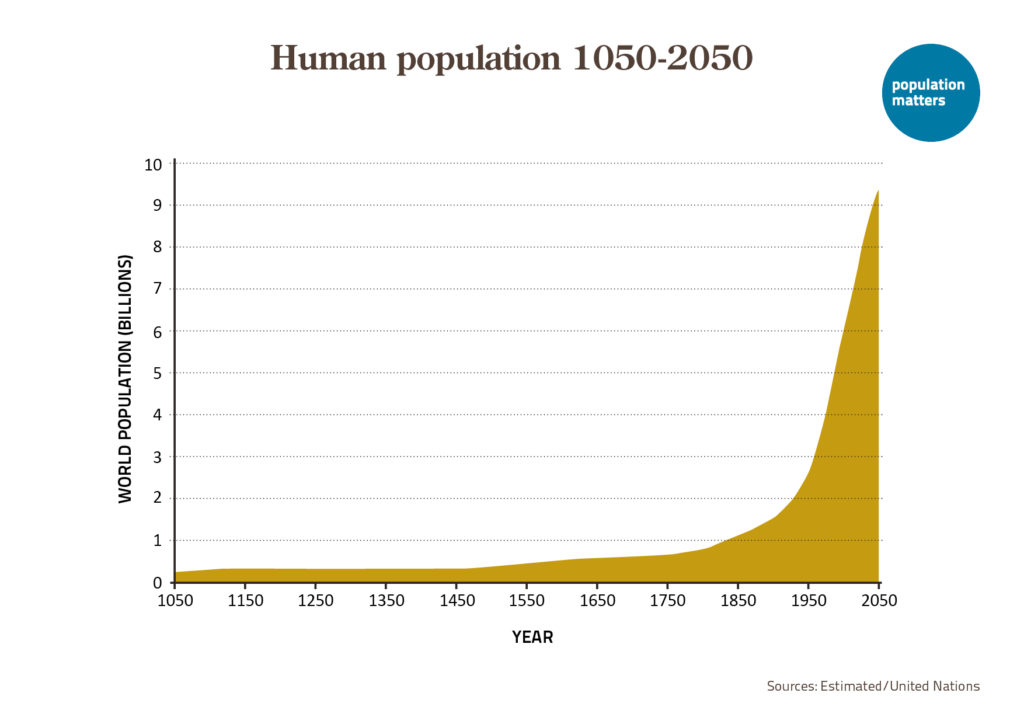
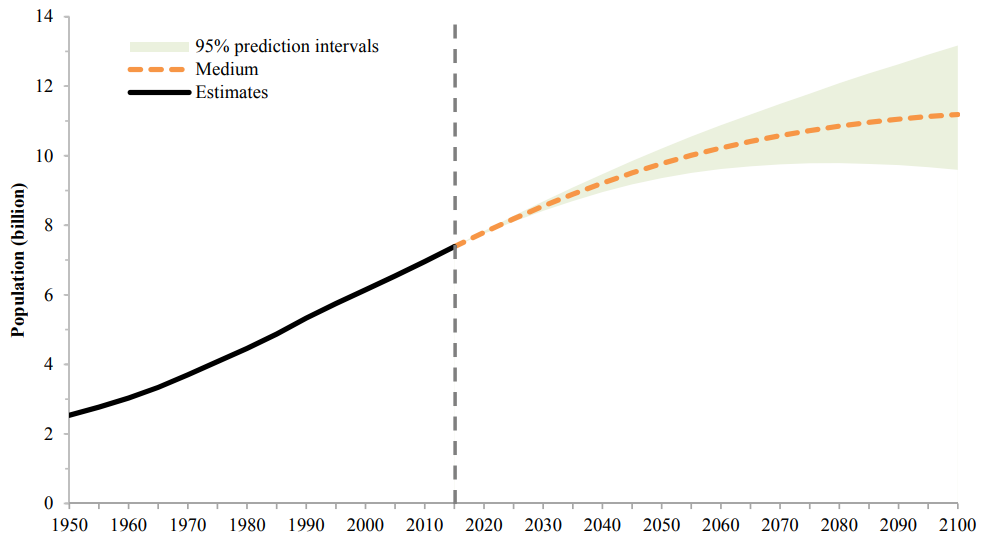
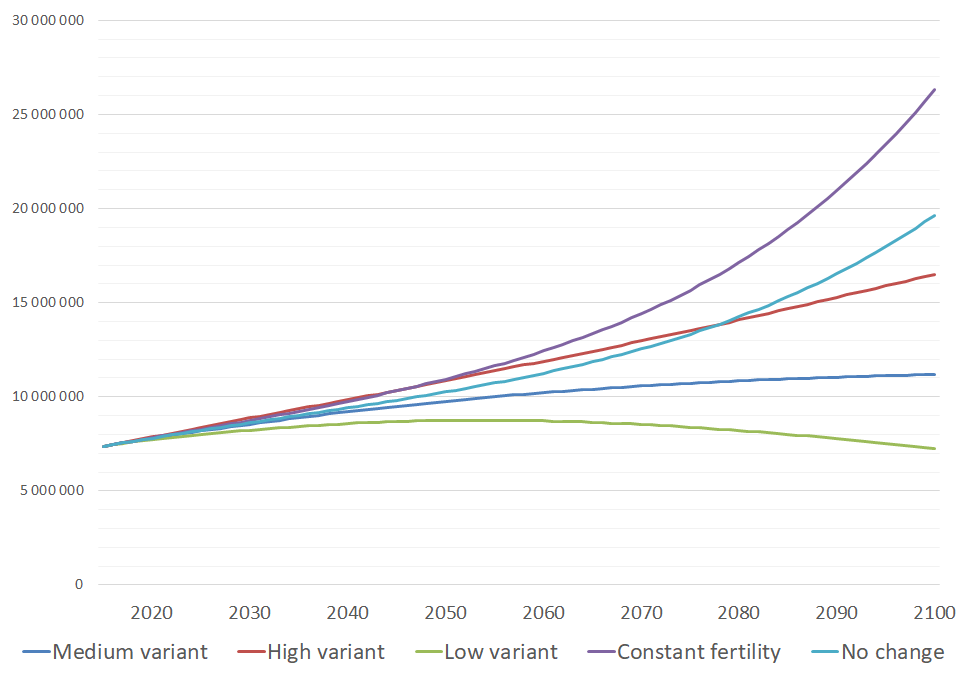
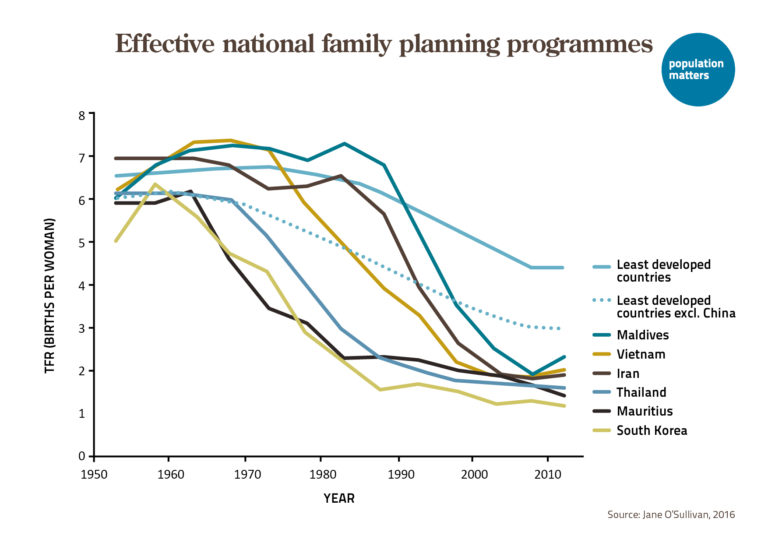

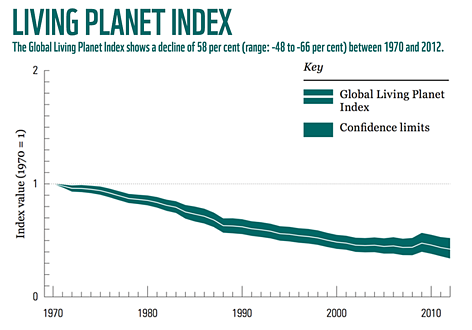
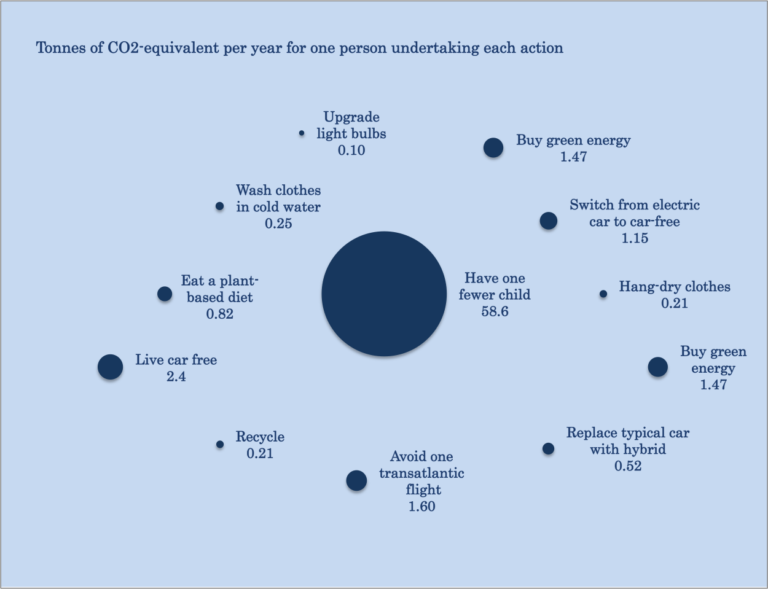
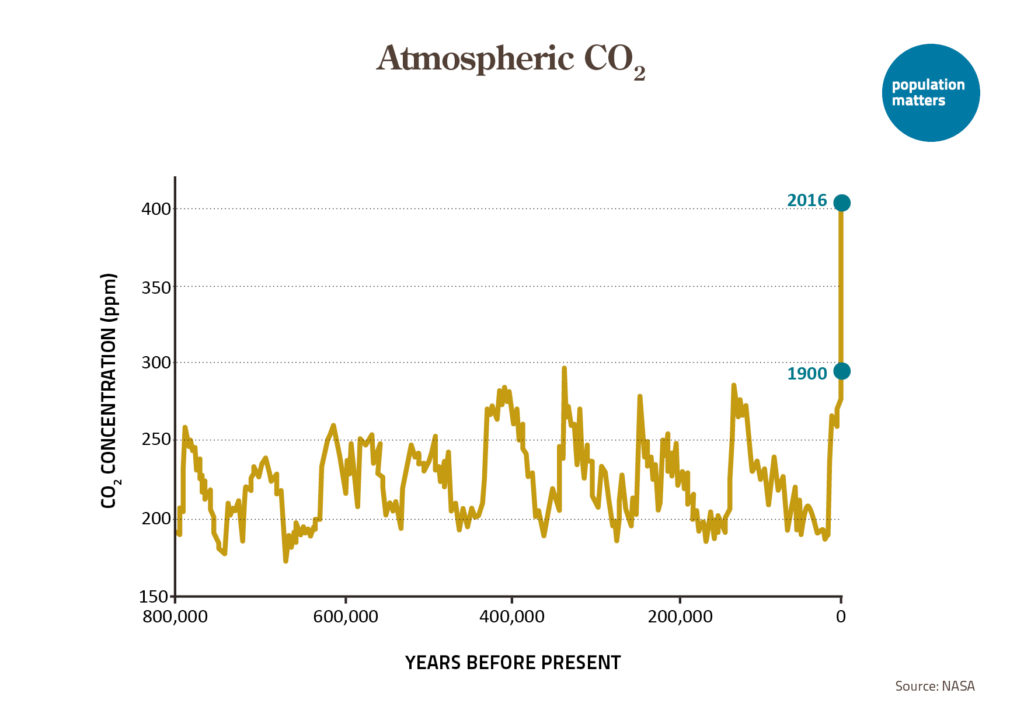
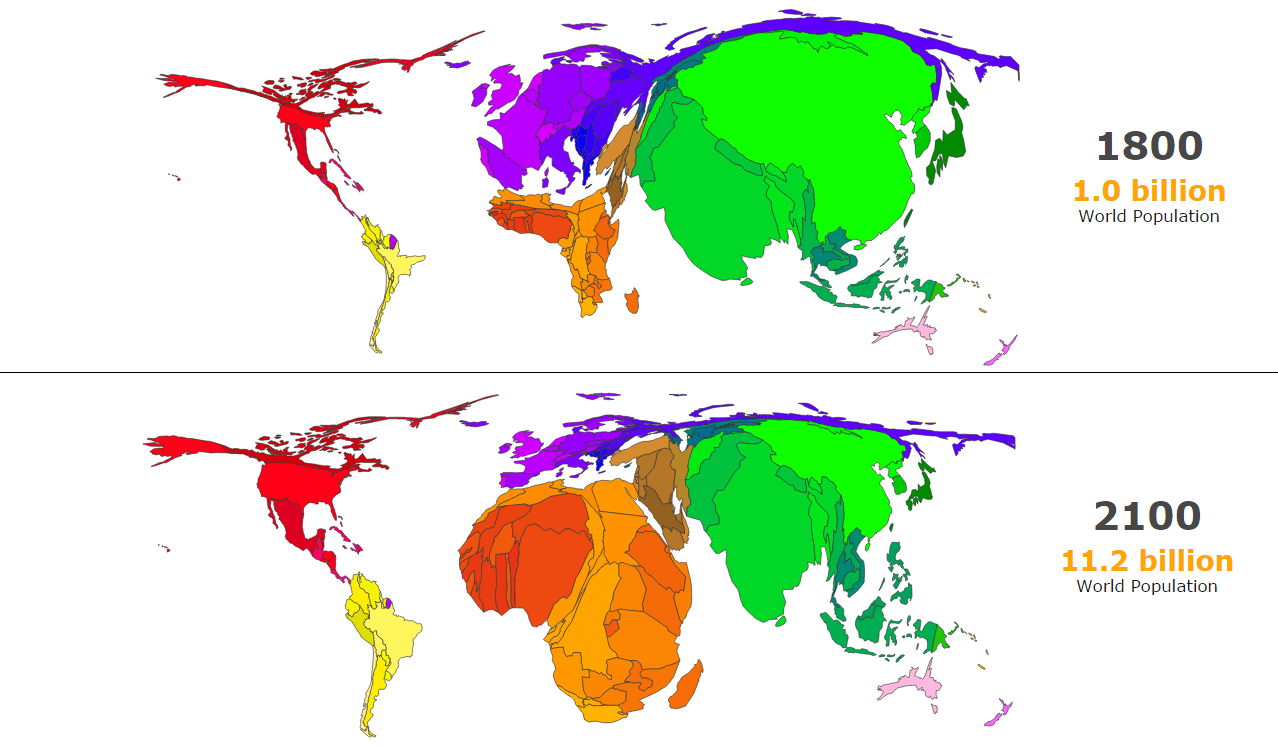
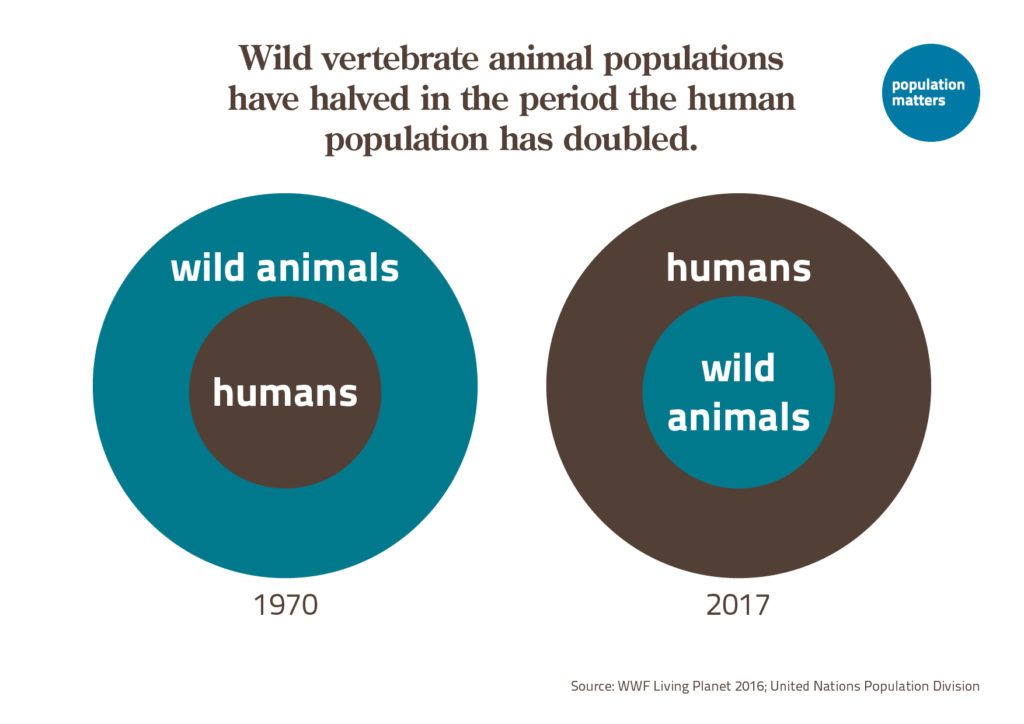
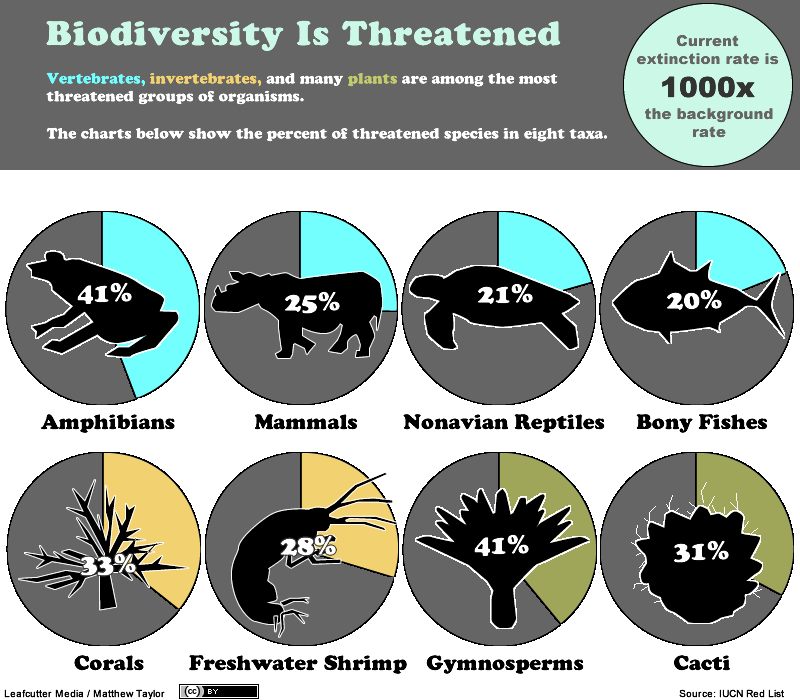
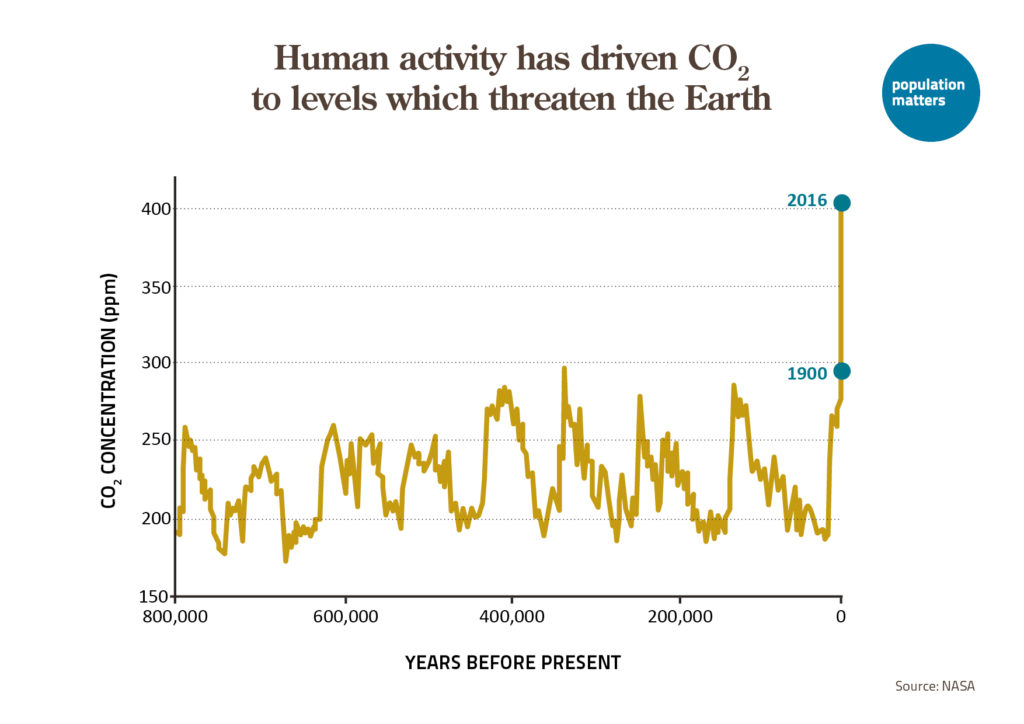
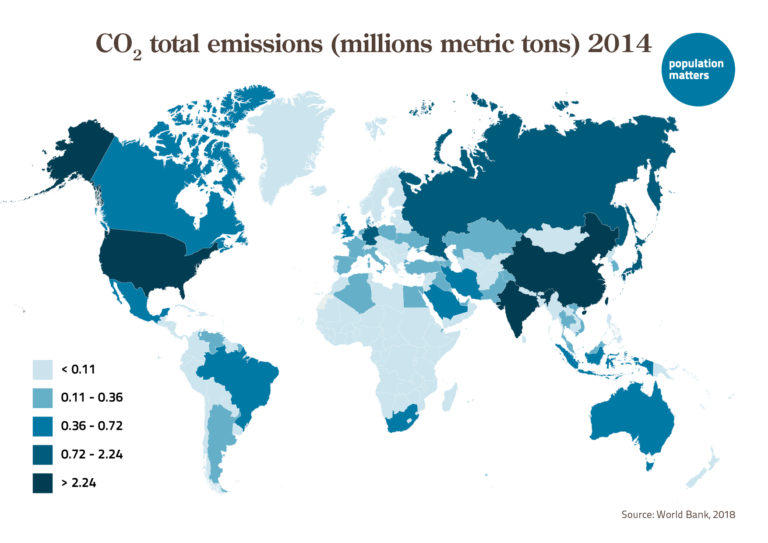

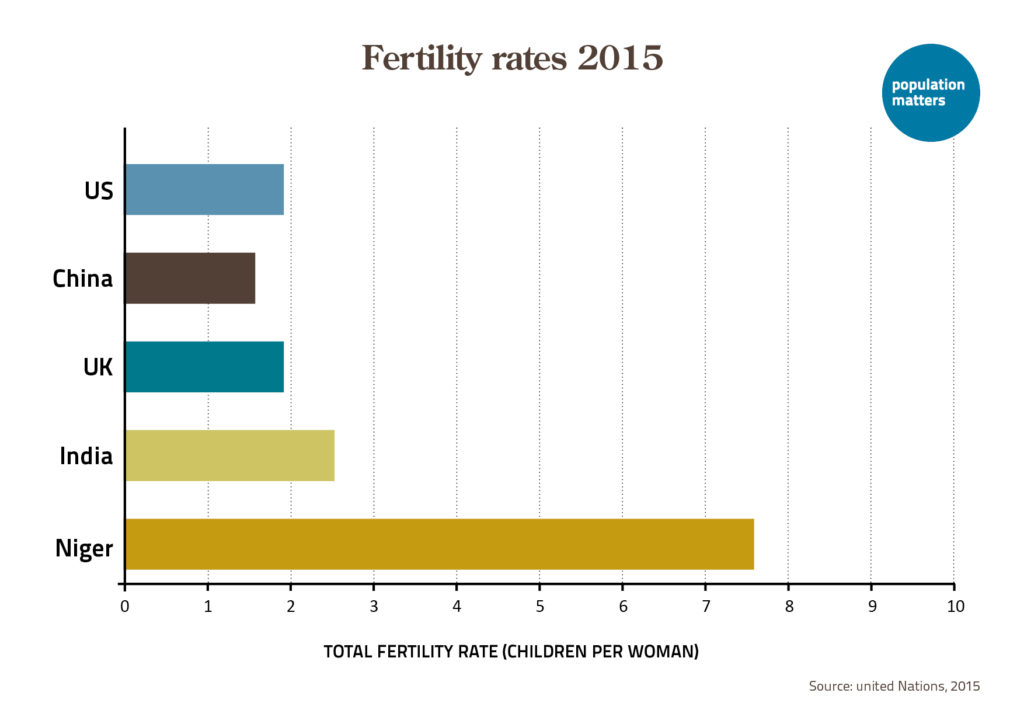
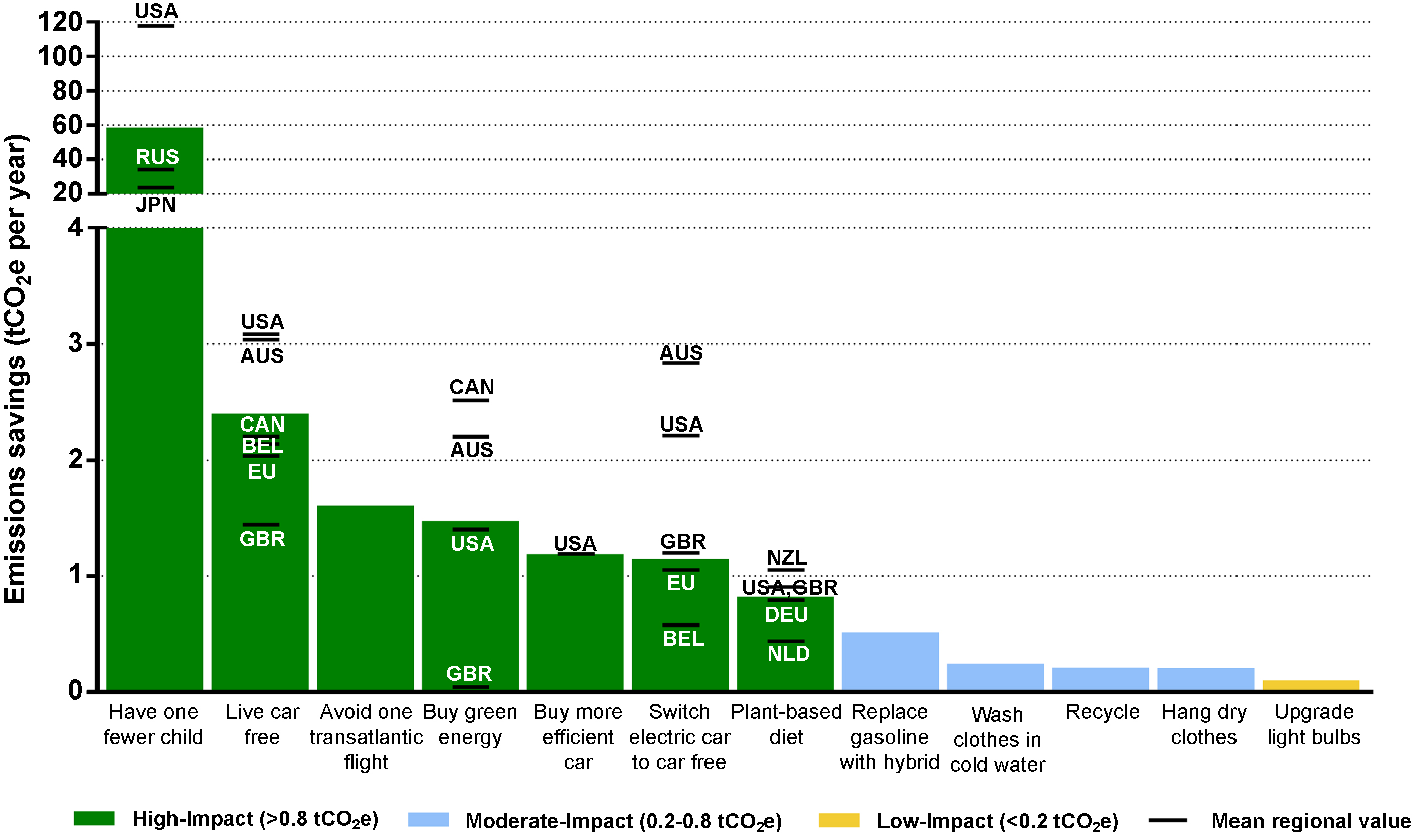



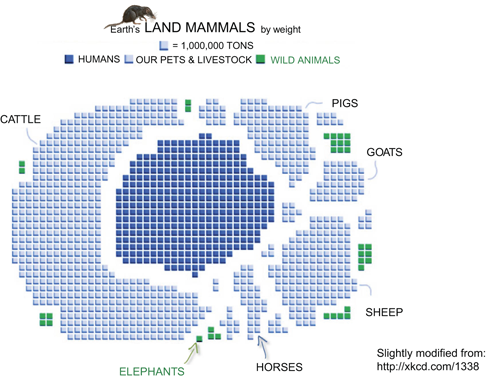

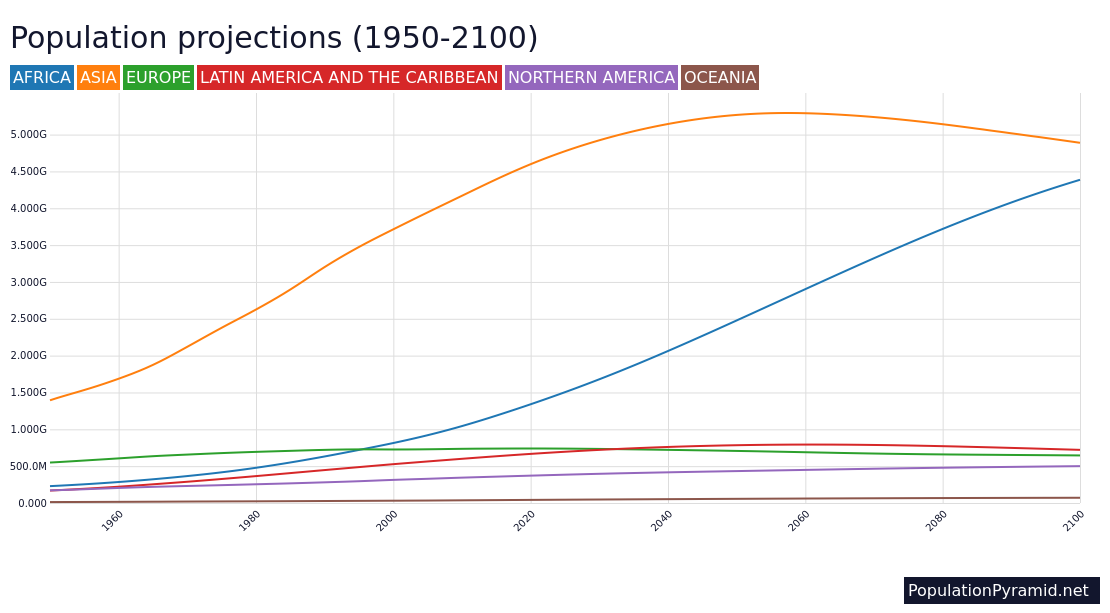
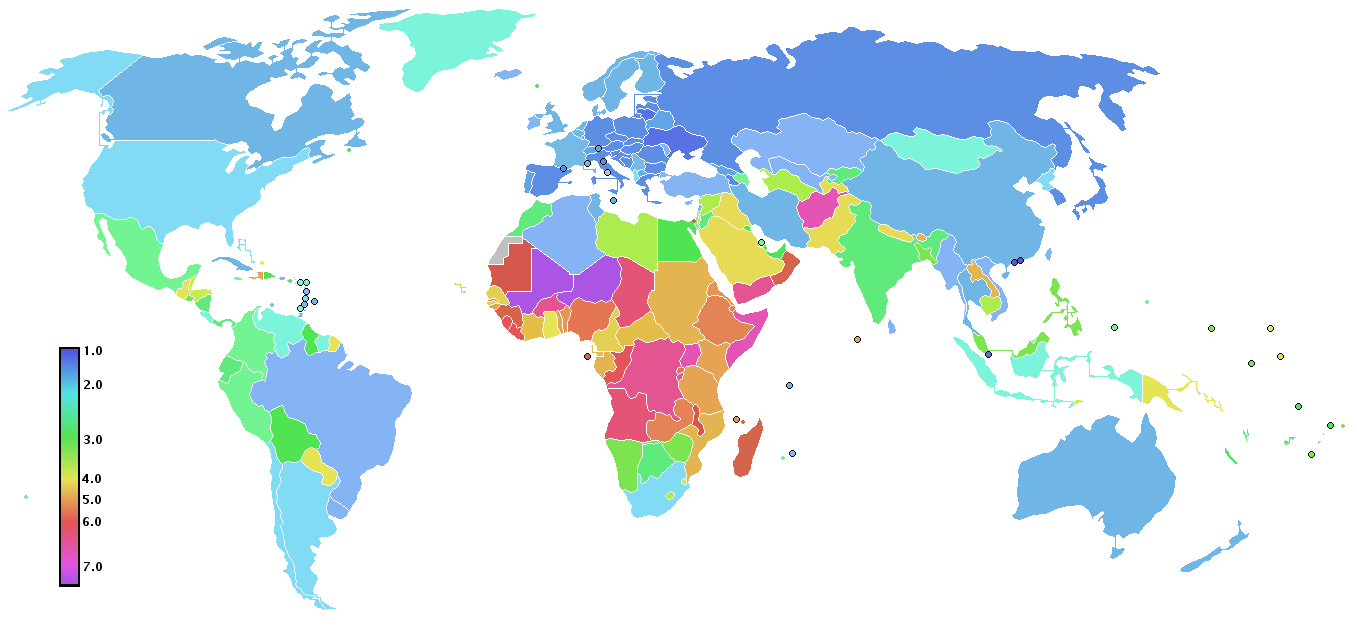
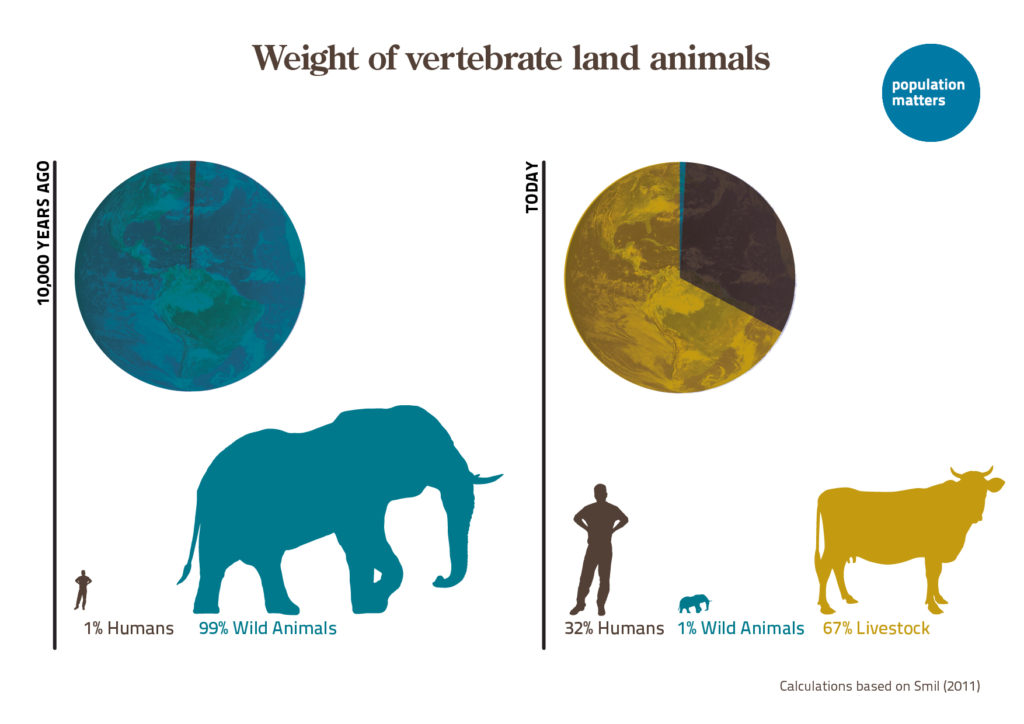

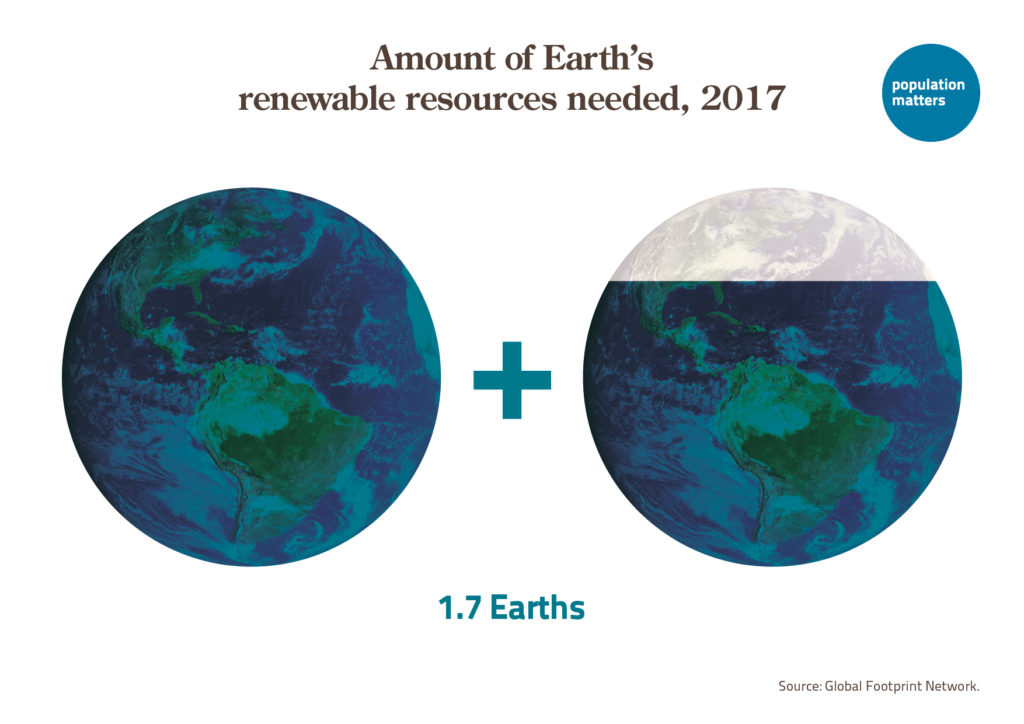


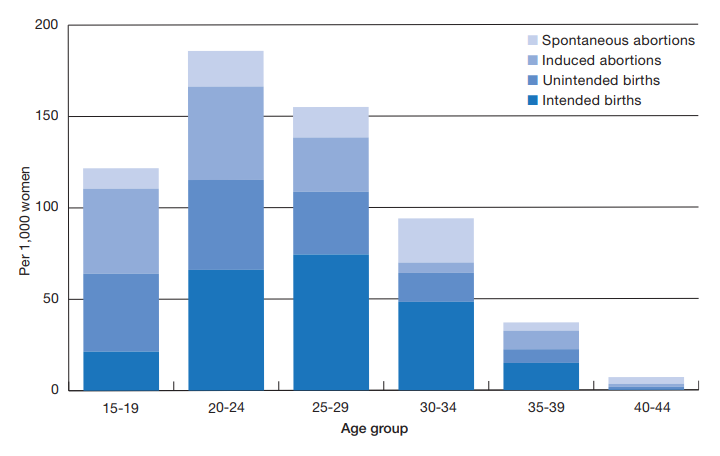
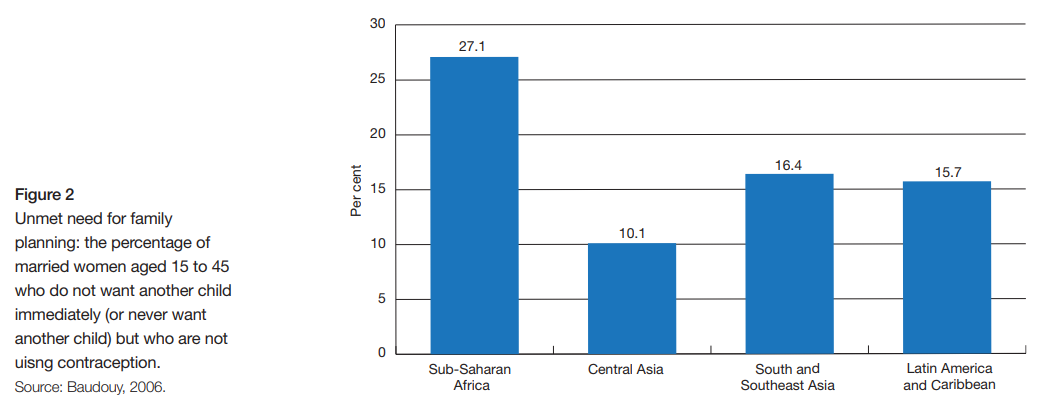
Leave a Reply